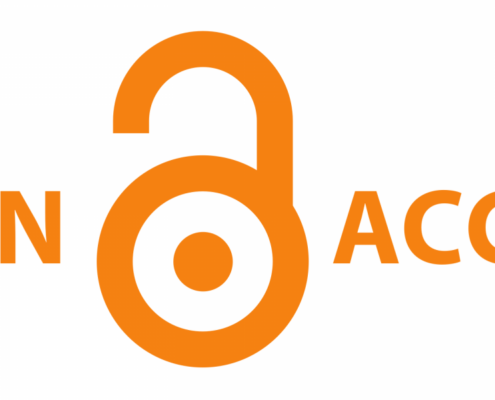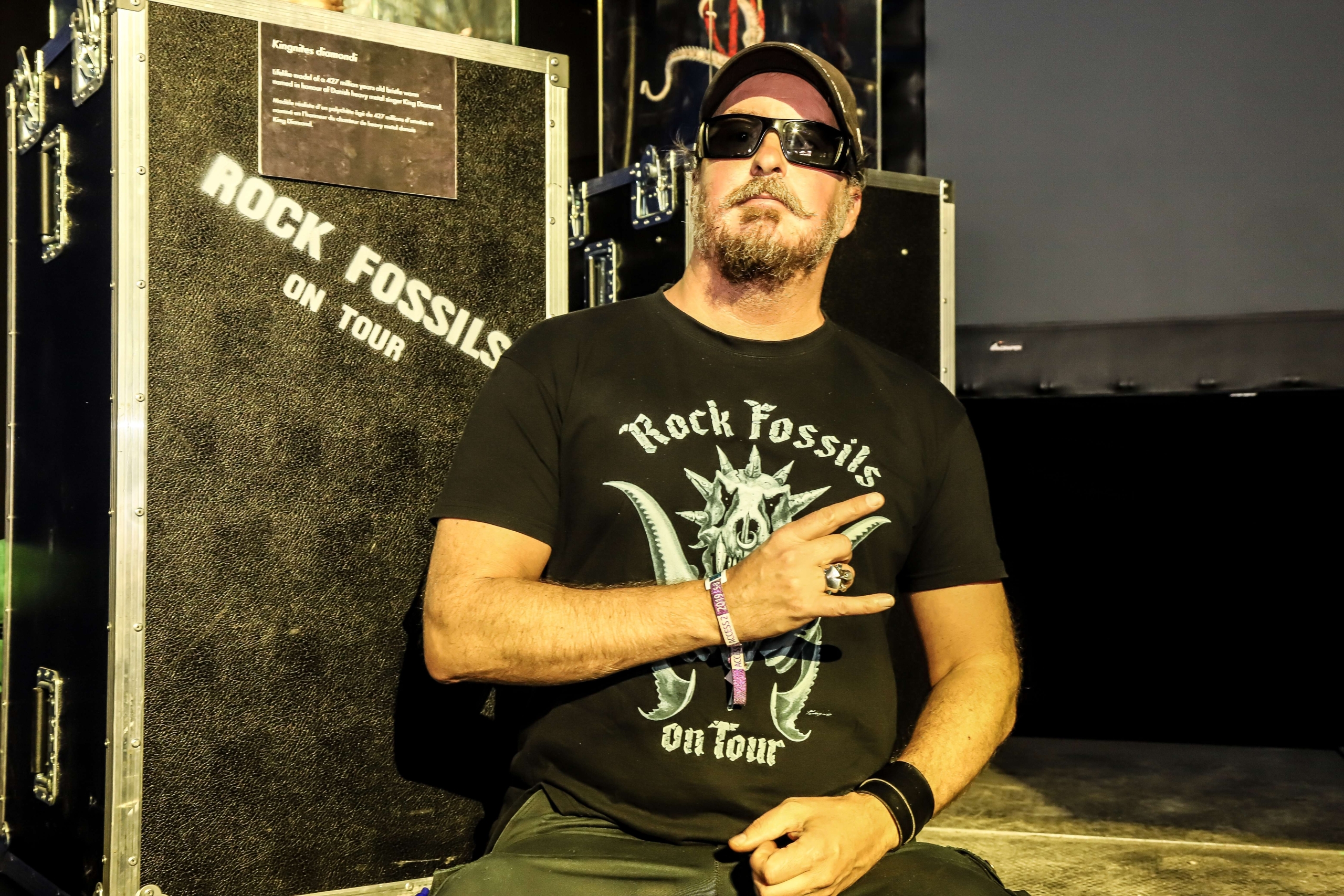Crastina is a platform for the exchange of experience, knowledge and inspiration regarding both scientific peer-to-peer communication and science dissemination
- What? An international network of (mostly young) people who love to communicate science & tech.
- Why? We think science needs to be communicated with more passion and professionalism.
- Where? On our website with interviews & resources + on social media + on Skype and IRL.
- Who? A content group (the Crew), a think tank (the Academy), + lots of friends & contacts.
- When? Right now – as a matter of fact, we’ve just geared up.

Prof Christophe Bernard eNeuro Chief Editor – A video interview
This video used automatic subtitles and may not be completely accurate.
How to keep innovating and improving the academic publishing system? Those are the questions we asked Prof Christophe Bernard, Professor at INSERM in…

Turning frustration into change: Jean-Sébastien Caux, founder of SciPost
The scientific publishing industry depends heavily on the people that write, review and edit scientific articles. In effect, these people have the power to shape the future of scientific publishing. So, what will they make of it? Prof. Jean-Sébastien…

Seeking Sustainable Open Access Publishing Models – Danielle Padula’s Perspective
Open access publishing has grown over the years prompted by concerns about the accessibility of science to the general public. However, publishing is not free, whether materials are needed for print or servers are needed to keep repository…


















